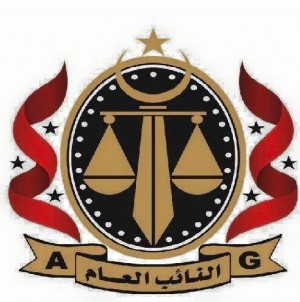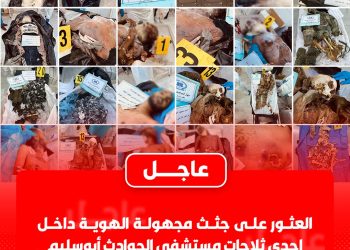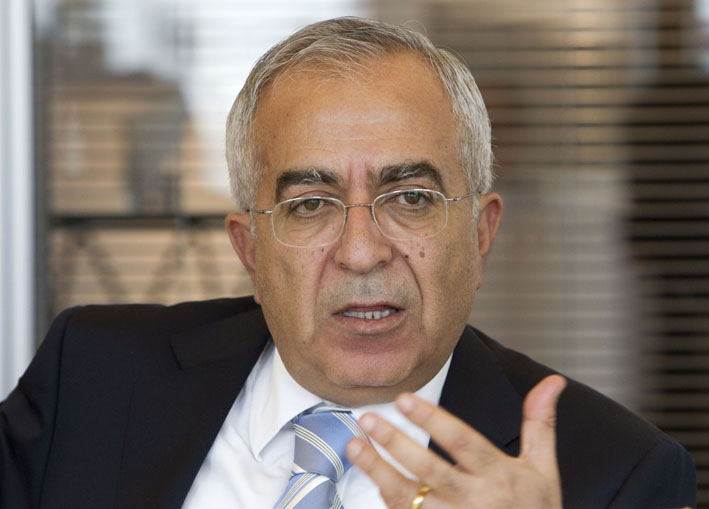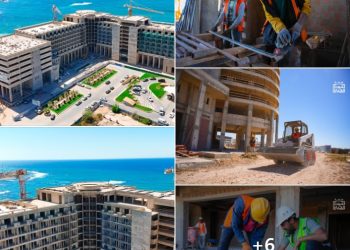By Sami Zaptia.

London, 9 February 2017:
The Media Department of the Attorney General/Public Prosecutor’s Office has confirmed that Mustafa Sanalla, chairman of the National Oil Corporation, has indeed been summoned to give evidence.
However, contrary to speculation and news circulating on some traditional and social media outlets, Sanalla was not accused of any impropriety but was summoned purely to hear his evidence in the various cases of fuel smuggling, the AG/PPO media office explained. This, on account of the fact that the NOC is the official Libyan entity in charge of fuel distribution.
It will be recalled that Sanalla has been waging a strong campaign against fuel smugglers which culminated in the unprecedented public naming in January of one of the militias guarding the Zawia oil refinery, as fuel smugglers.
In the statement released by the NOC at the time, it stated that the NOC would never tolerate anyone who attempts any security incursions of any kind. These would be dealt with as terrorist criminals locally and internationally. The same goes for protestors whatever their legitimate demand because petroleum facilities are not a space for protests.
The statement had reported Sanalla as saying that anyone who attempts to slow down or obstruct the work in any way or cause any kind of security incursions of the refinery, irrespective of the excuse or the means used, is nothing but one of the methods of smuggling gangs – motivated by disturbing security and stability.
It further had added that Sanalla stressed that the first victims of subsidized fuel smuggling are the public and that public funds saved in the hundreds of millions in hard currency every month from preventing fuel smuggling can be spent on improving citizens’ standard of living.
This includes reducing the exhaustion of CBL hard currency reserves reflecting positively on the exchange rate. To this end, he called on locals of the western region in general and Zawia specifically to accept the size of the huge social responsibility on them and their responsibility in preventing smuggling operations.
Sanalla had also said that subsidized smuggling of all kinds is denying the rights of other citizens. The solutions for removing subsidised goods and replacing them with cash payments cannot be implemented without a solution to the problem of the (high) exchange rate (of hard currency against the Libyan dinar) and a solution to the problem of cash shortages (at banks) in order to avoid the negative impacts of this policy implementation on citizens.
Nevertheless, in reality, it is not clear how much action the AG/PPO can take in view of the weakness of state judicial and security institutions. It is by no means clear, for example, if the AG/PPO can muster any judicial police willing to confront the militias or armed members of the public associated with fuel smuggling even if they compile a good case against them.







